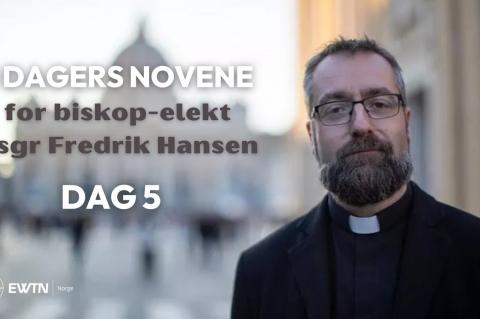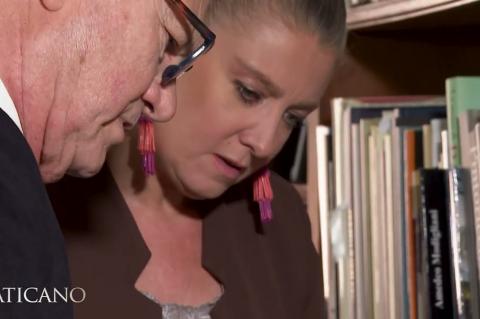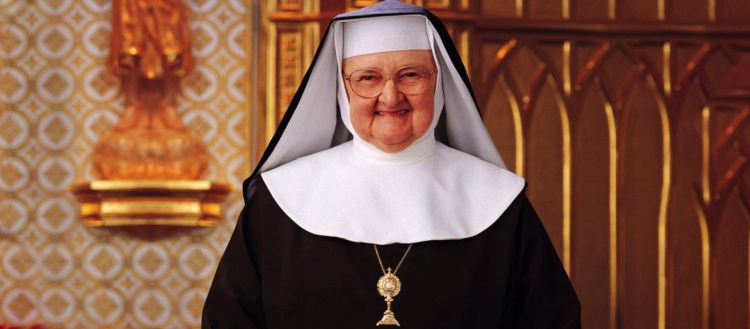Silent Night: A Song of Peace and Tradition | Vaticano
Silent Night: A Song of Peace and Tradition
«Silent Night» is one of the most beloved Christmas carols worldwide. In 2018, Pope Francis revealed it as his personal favorite.
Johannes Zeinler and the Power of Music Johannes Zeinler, a lecturer at the University of Music and Performing Arts in Vienna, reflects on the unique emotional depth of «Silent Night». According to him, «Silent Night» is, for Zeinler, the most emotional piece he performs during the liturgical year, deeply resonating with both musicians and congregations. He considers it inseparable from Christmas, a highlight reserved for the conclusion of Christmas Mass.
Zeinler also recalls the words of St. Augustine: «He who sings prays twice.» For Zeinler, music serves as a bridge where words fall short, transcending linguistic barriers and conveying emotions that words alone cannot, with «Silent Night» exemplifying this interplay of prayer and melody.
A Historic Night in Oberndorf
The origins of «Silent Night» date back to Christmas Eve, 1818, in the small Austrian town of Oberndorf. Because the organ was not functioning, Fr. Joseph Mohr asked Franz Xaver Gruber, a local schoolteacher, to compose a melody to accompany the text Mohr had written two years earlier. The song was performed on guitar that night in St. Nicholas Church—a rare and frowned-upon choice for church music at the time, as the guitar was considered a secular instrument unsuitable for sacred settings.
The original church was later demolished following flood damage. Today, the Silent Night Chapel stands in its place as a tribute to the song's enduring legacy. Josef Bruckmoser, vice president of the Silent Night Association, works to preserve the history and impact of this timeless carol.
A Global Symbol of Peace
Translated into over 300 languages, «Silent Night» has become a universal song of peace. Stories from the World Wars recount moments when soldiers ceased fire to sing «Silent Night» together. Today, in a world still marked by conflict, this carol continues to resonate, reminding us of the peace and hope ushered in by the birth of Christ, offering a timeless message of unity and reconciliation.
Karoline Schink, CEO of the Oberndorf Tourist Office, notes that the song attracts thousands of visitors annually, connecting people from all over the world. For her, «Silent Night» is a song that unites and offers hope.
Theological Depth and Timeless Relevance
Fr. Nikolaus Erber, parish priest of Oberndorf, highlights the deep theological roots of «Silent Night». Its lyrics encapsulate the promises of peace found in Isaiah 9:6, where a "Prince of Peace" is foretold, and the kindness and love of God described in Titus 3:4, making it a profound reflection of biblical themes. For Erber, the song is not just a carol but a proclamation of the Gospel’s message of peace and salvation.
As Josef Bruckmoser aptly summarizes, «Silent Night» endures as a carol of hope and reconciliation. In the face of challenges, it reminds us of the profound message of Christmas: «Christ the Savior is born.»






